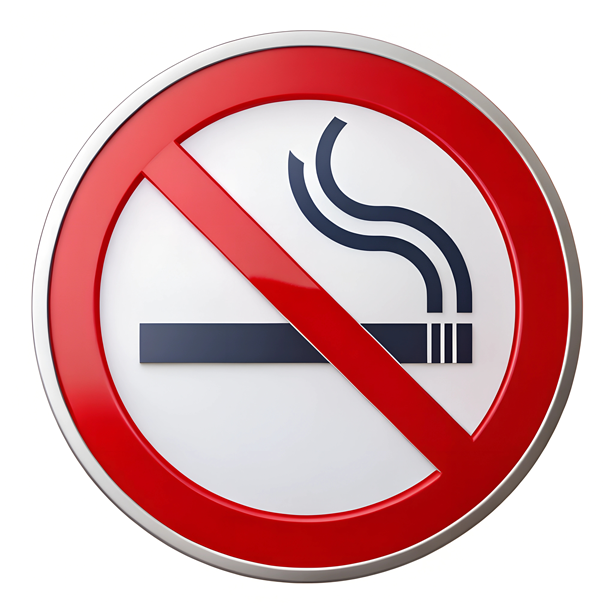ITS TIME TO KICK THE NICOTINE HABIT
Having a good outcome after plastic surgery doesn't just depend on your surgeon; it also depends on you. For sure, having a highly qualified surgeon is important, but so is being healthy before & after surgery and following your doctor's instructions.
Plastic surgery procedures (even more so than many other surgical procedures) affects the blood supply to the underlying tissues. Often during plastic surgery procedures, your skin, where many blood vessels live, is moved around and even removed. If there aren't enough blood vessels left intact, the tissue may be unable to heal and possibly die. So, while Dr. Wallace takes great care to leave a sufficient amount of blood supply when performing your surgery, if you smoke, you damage the remaining blood supply greatly. That's obviously not a good thing. And, while nicotine is the most dangerous element affecting blood supply, the carbon monoxide and hydrogen cyanide contained in cigarette smoke certainly don't help healing either.
Smoking has been shown repeatedly to negatively affect the results of plastic surgery, from causing unsightly scars to serious and major wound infections and even skin necrosis (where the skin completely dies and has to be removed leaving very unsightly scars). There is no way to predict how badly smoking will impact an individual's surgical outcome, but it can be certain that smoking will negatively affect the result to some degree. Here's the bottom line- nicotine, regardless of how it enters your body, causes the blood vessels to constrict (which means they get smaller) and therefore less blood can flow through them. This increases the risk of blood clotting too, which can cause devastating surgical complications.
Smoking has been shown repeatedly to negatively affect the results of plastic surgery, from causing unsightly scars to serious and major wound infections and even skin necrosis (where the skin completely dies and has to be removed leaving very unsightly scars). There is no way to predict how badly smoking will impact an individual's surgical outcome, but it can be certain that smoking will negatively affect the result to some degree. Here's the bottom line- nicotine, regardless of how it enters your body, causes the blood vessels to constrict (which means they get smaller) and therefore less blood can flow through them. This increases the risk of blood clotting too, which can cause devastating surgical complications.
For your protection, and for all the reasons above, you will be asked to be completely nicotine free for a minimum of one month prior to your surgical procedure. This means-no smoking, no vaping, no patches, no nicotine gum or any other methods that contain NICOTINE. At your Pre-Operative appointment and day of surgery, we will perform a test for nicotine. If the results are positive for nicotine your surgery will be canceled.
AVOID SMOKING OF ANY KIND AND SECOND HAND SMOKE.

